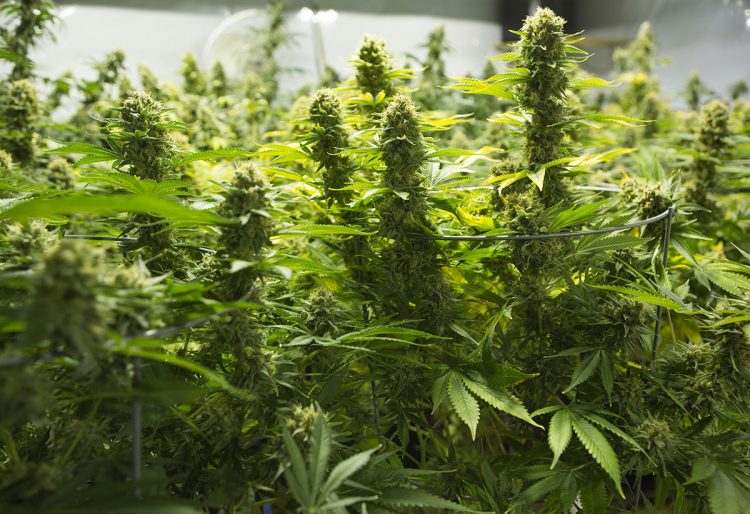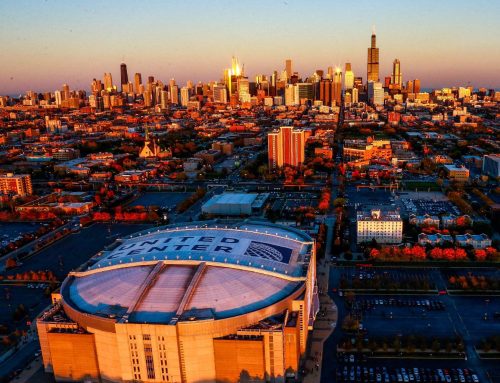Minnesota Legalizes Recreational Cannabis, Expanding Market and Tax Revenue
MINNESOTA. – Governor Tim Walz of Minnesota has signed into law a bill legalizing the recreational use of cannabis, making Minnesota the 23rd state in the U.S. to do so. The legislation, known as HF 100, received narrow approval in the state Senate with a 34-32 vote, paving the way for significant changes in Minnesota’s cannabis industry.
Under the new law, the existing medical marijuana industry, which was limited to just two companies, will experience expansion. Previously, the state allowed only two companies to grow and sell cannabis, but now, a minimum of one retailer per 12,500 residents will be permitted. This change could result in over 450 dispensaries across the state, considering Minnesota’s population of over 5 million, as reported by MPR News.
Starting from August 1, adults aged 21 and over will be able to possess and use cannabis without fear of criminal penalties. Home cultivation of cannabis plants will also be allowed. However, retail sales of cannabis are not expected until 2025. State regulators will require time to establish new industry rules and procedures for granting business licenses.
One notable aspect of the legislation is the implementation of a state cannabis tax rate of 10%, which will be added to the existing 6.875% sales tax. This brings the total likely tax rate on cannabis products to approximately 17%. The tax revenue generated from the legal cannabis market is expected to provide a boost to the state’s economy.
In a move that takes effect immediately, liquor stores will now be able to sell hemp-derived, low-potency THC edibles and beverages. The legislation also eliminates the $200 enrollment fee for new patients in Minnesota’s medical cannabis program.
Governor Walz expressed confidence in the establishment of the state cannabis office and the licensing process for cannabis businesses. He announced plans to hire a head honcho for the Office of Cannabis Management during the summer.
Supporters of the new law, such as Leili Fatehi, campaign manager for the pro-legalization MN is Ready Coalition, emphasized their desire for a leader who is committed to eliminating the illicit market, promoting social equity, and fostering a craft and small-business-oriented cannabis industry.
Maren Schroeder, MN is Ready’s coalition director, acknowledged that ongoing adjustments to the law will be necessary, drawing a parallel to alcohol laws. Schroeder and Fatehi advocate for a reduction in criminal penalties for those found in possession of cannabis exceeding the legal limit.
The signing of this landmark bill brings an end to months of legislative debates and numerous committee hearings, signifying a significant shift in Minnesota’s cannabis market. While the state had previously allowed the sale of hemp-based THC edibles at convenience stores, the regulation of medical marijuana flower and other products was strictly enforced.
The legalization of recreational cannabis in Minnesota opens up new opportunities for businesses and is expected to generate substantial tax revenue for the state. With the signing of this bill, Minnesota joins a growing number of states embracing the economic and social benefits of a regulated cannabis market.



































